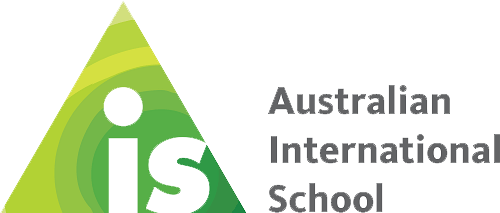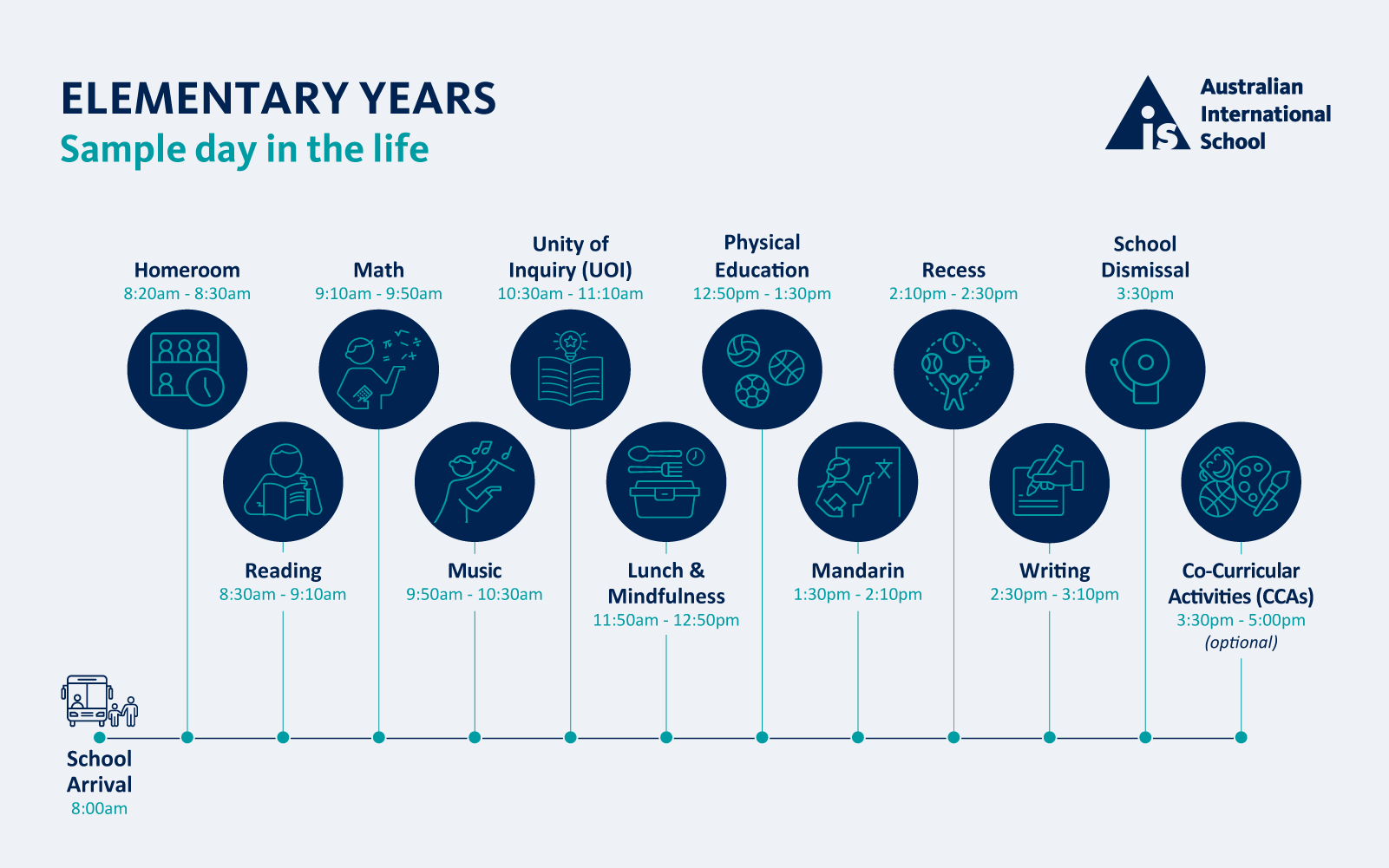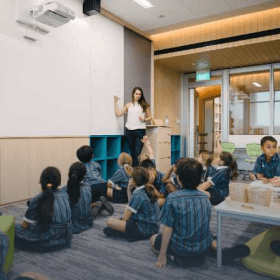At AIS, we believe personal well-being is key to academic success. We empower students to become globally-minded citizens who think critically, act responsibly, and uphold our core values of Achievement, Respect and Opportunity.. Guided by the IB PYP Learner Profile, they develop the skills and mindset to thrive in a rapidly changing world and make a positive impact.
As an IB World School, the Australian International School Singapore (AIS) delivers a world-class education that nurtures academic excellence, emotional intelligence, and global citizenship. With students from over 50 nationalities, AIS offers a vibrant, inclusive environment where diverse perspectives are celebrated.
Our expert educators bring the IB Primary Years Programme (PYP) to life through hands-on, experiential learning. Students explore real-world challenges like climate change by integrating knowledge across subjects such as maths, science, and humanities.
AIS’s curriculum spans eight core areas: English, mathematics, science and technology, humanities and social sciences, the arts, languages, health, and physical/outdoor education. We combine NAPLAN-standardised assessments with project-based learning to ensure deep understanding and measurable growth.
With over 300 co-curricular activities and 30 years of educational excellence, AIS students thrive and earn placements in top universities worldwide.







